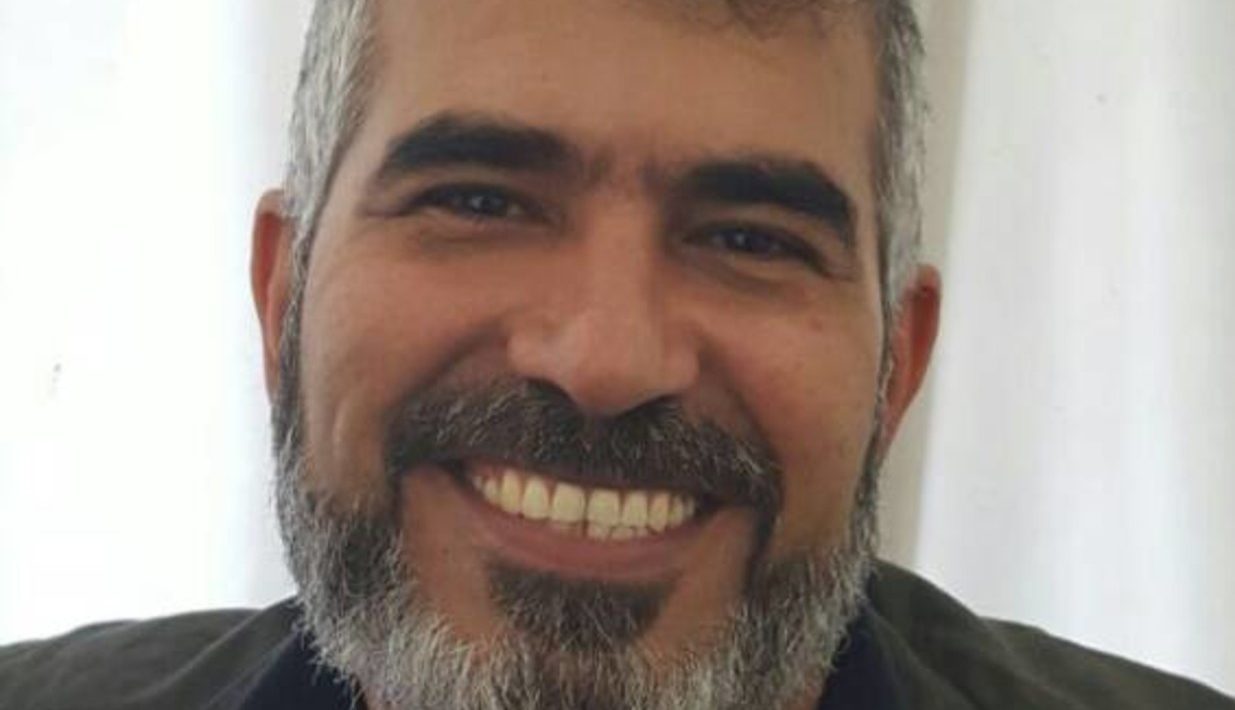Responding to the announcement by Mahdi al-Mashat, leader of the Huthi authorities in Yemen, that all Baha’i “political prisoners” are to be released, Lynn Maalouf, Amnesty International’s Middle East Research Director, said:
“The Huthis’ decision to release all Baha’i prisoners is a positive signal, and must be the first step in ending the years of suffering for those who should never have been detained in the first place.
“The pardoning of Hamid Haydara, a prisoner of conscience whose death sentence was upheld a mere three days ago, is particularly welcome.
“The Huthi authorities must now ensure that all charges against all other individuals detained for their conscientiously-held beliefs, or for their peaceful activities, are immediately dropped.
“In the midst of the COVID-19 pandemic, it is a relief that the Huthi authorities have committed to prioritising examining prison conditions. We reiterate our call on all parties to the conflict to immediately and unconditionally release all those imprisoned solely for their peaceful activism, expression or political views.”
Background
Last night, Mahdi al-Mashat, the head of the Sana’a-based Supreme Political Council of Yemen, the executive body set up by the Huthis, made a speech to mark the fifth anniversary of the ongoing conflict. As well as announcing the release of all Baha’i “political prisoners”, he recommended pardoning Hamid Haydara, a prisoner of conscience whose death sentence had been upheld days earlier.
Since Hamid Haydara’s initial arrest in December 2013, Amnesty International has documented his torture and other ill-treatment while in custody of the de facto Huthi authorities, as well as the deeply-flawed legal proceedings in his case, including excessive pre-trial detention, and undue delays in his trial.
Amnesty International has documented the cases of 66 Baha’i individuals, who were brought before the Sana’a-based Specialized Criminal Court between 2015 and 2020. Journalists, human rights defenders, political opponents and members of religious minorities are among those subjected to unfair trial on spurious or trumped-up charges by this court.


